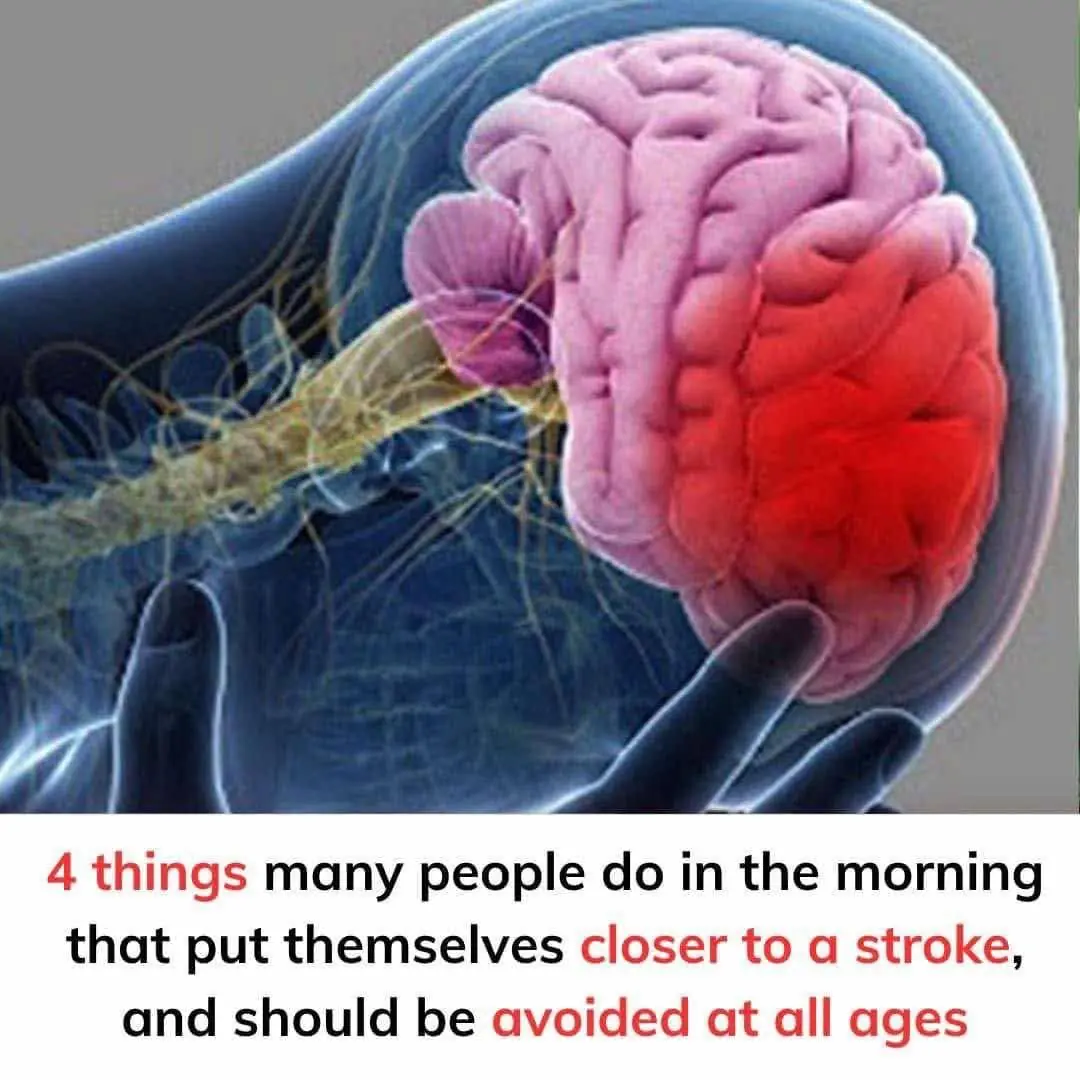In most conversations about manipulative personalities, three terms tend to come up repeatedly—narcissism, psychopathy, and Machiavellianism. These traits are collectively known as the “Dark Triad,” and individuals who exhibit them are often characterized by a cold ambition, a need for control, and an unsettling ease with deception. Typically, these characteristics point to someone who lacks empathy, a trait usually associated with emotional warmth and understanding. But what happens when high empathy and the Dark Triad co-exist within the same person?
That unsettling combination has been referred to as the “Dark Empath.” And while this may sound like a contradiction in terms, it has been acknowledged by researchers as a very real, and potentially harmful, psychological profile.
Understanding the Paradox of a Dark Empath
Empathy, by its very definition, involves the capacity to understand and share the feelings of others. In most cases, it’s seen as a positive attribute—one that fosters deeper connections, compassion, and trust. When someone understands how we feel, a bond is often formed. We are naturally drawn to those who “get” us.
But empathy can also be weaponized. When placed in the hands of someone with manipulative intentions, it can become a tool for control. This is what makes the Dark Empath so uniquely dangerous—they don’t just understand emotions; they know exactly how to use that understanding for their own benefit.
The term was explored in depth by Heym and colleagues in 2021, who found that individuals with Dark Triad traits—when combined with high levels of cognitive empathy—are capable of more strategic, emotionally intelligent manipulation than others.
The Three Faces of Empathy
To understand how a Dark Empath functions, it helps to break empathy down into its three commonly recognized forms:
- Affective Empathy – This refers to the emotional response one experiences in reaction to another person’s feelings. For instance, crying during a tragic film scene happens because the viewer genuinely feels what the character is going through.
- Cognitive Empathy – This involves intellectually recognizing what someone else is feeling, without necessarily feeling it oneself. It’s more about awareness than emotional resonance.
- Compassionate Empathy – This is empathy in action. It combines both understanding and feeling with a desire to help or support the person in need.
While many people express all three types of empathy to some extent, the Dark Empath seems to operate primarily through cognitive empathy. They can accurately read the emotional states of others, but without the emotional depth or moral impulse that would typically lead to compassion or altruism.
In fact, this awareness of others’ feelings is used not to support but to subdue—to influence, mislead, and manipulate with chilling precision.
When Emotional Intelligence Becomes a Mask
Emotional intelligence is often praised as a critical skill in both personal and professional relationships. Yet, not all emotionally intelligent individuals use this power ethically. In a 2023 study by Fino and colleagues, the relationship between emotional intelligence and Dark Triad traits was examined. While no distinct “Dark EI” (Emotional Intelligence) personality emerged, the data did suggest that those with both high cognitive empathy and high levels of Dark Triad traits may display a pattern of troubling behavior.
In other words, these individuals are not simply emotionally tuned-in—they are socially strategic. They know what to say, how to act, and which emotional levers to pull. This allows them to blend in easily, even charmingly, into social environments.
Why Dark Empaths Can Be So Disarming
Unlike stereotypical narcissists or cold-blooded manipulators, Dark Empaths often come across as outgoing, engaging, and even likable. Their heightened extroversion makes them more visible and socially active than the classic Dark Triad personality.
Because narcissists are often perceived as self-assured and confident, they can be magnetic in social settings. People naturally gravitate toward those who exude certainty and charm. Similarly, Machiavellians are skilled in the art of flattery and persuasion, often disguising their manipulations as acts of kindness or support. And when empathy is added to this already potent mix, the result is someone who seems to not only admire you but also genuinely understand you.
It’s a dangerous illusion. What looks like connection may actually be calculation.
The Four Traits That Make Dark Empaths So Dangerous
The presence of empathy within a manipulative framework creates a unique and disquieting psychological profile. Below are four defining traits that tend to be observed in individuals described as Dark Empaths.
1. Strategic Manipulation
The most distinct feature of a Dark Empath is their ability to manipulate others with precision. Unlike someone who lies impulsively or deceives out of desperation, the Dark Empath uses their understanding of human behavior as a blueprint for control.
They know how to gain trust. They can intuit what others want to hear. They may show interest, concern, or compassion—but only as a means to an end. Their intentions are rarely pure. Instead, manipulation is carefully orchestrated. You may feel understood, even cared for, only to later discover you were being subtly directed toward decisions that benefit them.
2. Superficial Charm with Emotional Distance
Dark Empaths tend to be socially fluent. They often come across as friendly, charismatic, and emotionally aware. But beneath the surface, there is often a cold detachment. Their emotional intelligence is largely cognitive rather than affective, which means that while they can read your emotions, they don’t necessarily feel them with you.
This makes their charm particularly disorienting. Because they seem emotionally attuned, people often let their guard down. But their empathy lacks warmth—it’s used for effect, not connection. The kindness shown is often performative rather than genuine.
3. Flattery and Ego Inflation
It’s been noted that narcissists use flattery to get what they want, and Dark Empaths do this as well—but with more finesse. They know exactly how to push the right buttons, often playing on someone’s need for validation or approval. Compliments may be doled out generously, but always with an agenda. Flattery becomes a hook.
This is not the kind of praise that stems from admiration. It’s used to soften defenses, inflate egos, and build dependency. Once trust is secured, control is gradually tightened. The person being manipulated may begin to feel they “need” the Dark Empath, mistaking manipulation for emotional support.
4. Callousness Behind the Curtain
The final and perhaps most unsettling quality of a Dark Empath is a hidden callousness. Psychopathy, even in mild forms, involves a blunted emotional response to others’ pain. Dark Empaths may not come across as overtly cruel, but their actions often reveal a deeper indifference.
They might brush off harm they’ve caused. They may justify deception or betrayal as necessary. Their ability to read emotions is not tempered by remorse. Instead, it serves a utilitarian purpose—feelings are tools, not truths. This emotional detachment can lead to devastating consequences for those entangled in their influence.
Signs You May Be Dealing With a Dark Empath
The realization that someone close may be a Dark Empath often comes gradually. At first, the relationship might seem unusually intense or deeply connected. Over time, however, inconsistencies may start to emerge. Words don’t always match actions. There may be subtle emotional manipulation, guilt-tripping, or power plays disguised as concern.
One key red flag is how you feel after interactions. Do you feel empowered or drained? Are you making choices that benefit you—or them? If confusion, anxiety, or self-doubt have become common themes in the relationship, it may be time to take a step back and reassess.
Protecting Yourself From Emotional Predators
Ending a relationship with a Dark Empath can be difficult, especially when emotional bonds have been formed through manipulation. But distance is often the only way to regain clarity and control. Boundaries must be firmly drawn. Communication should be minimized, especially if it has been weaponized in the past.
It helps to trust your instincts. If something feels “off,” it probably is. Empathy should be mutual, not one-sided or used as a means of control. The warmth of connection should not come with a sense of fear or indebtedness.
Empathy is one of the most powerful tools in human connection. But, like any tool, it can be misused. When empathy is harnessed by someone with manipulative tendencies, it no longer serves a noble purpose—it becomes a mask. The Dark Empath wears this mask well. They may appear understanding, attentive, and even loving. But beneath the surface, darker motives may be at work.
By understanding the warning signs and being mindful of how you’re being made to feel, it becomes possible to recognize these individuals for what they are. Awareness is protection. And in relationships, real empathy should heal—not harm.
Featured image: Freepik. Author Jade Small

































